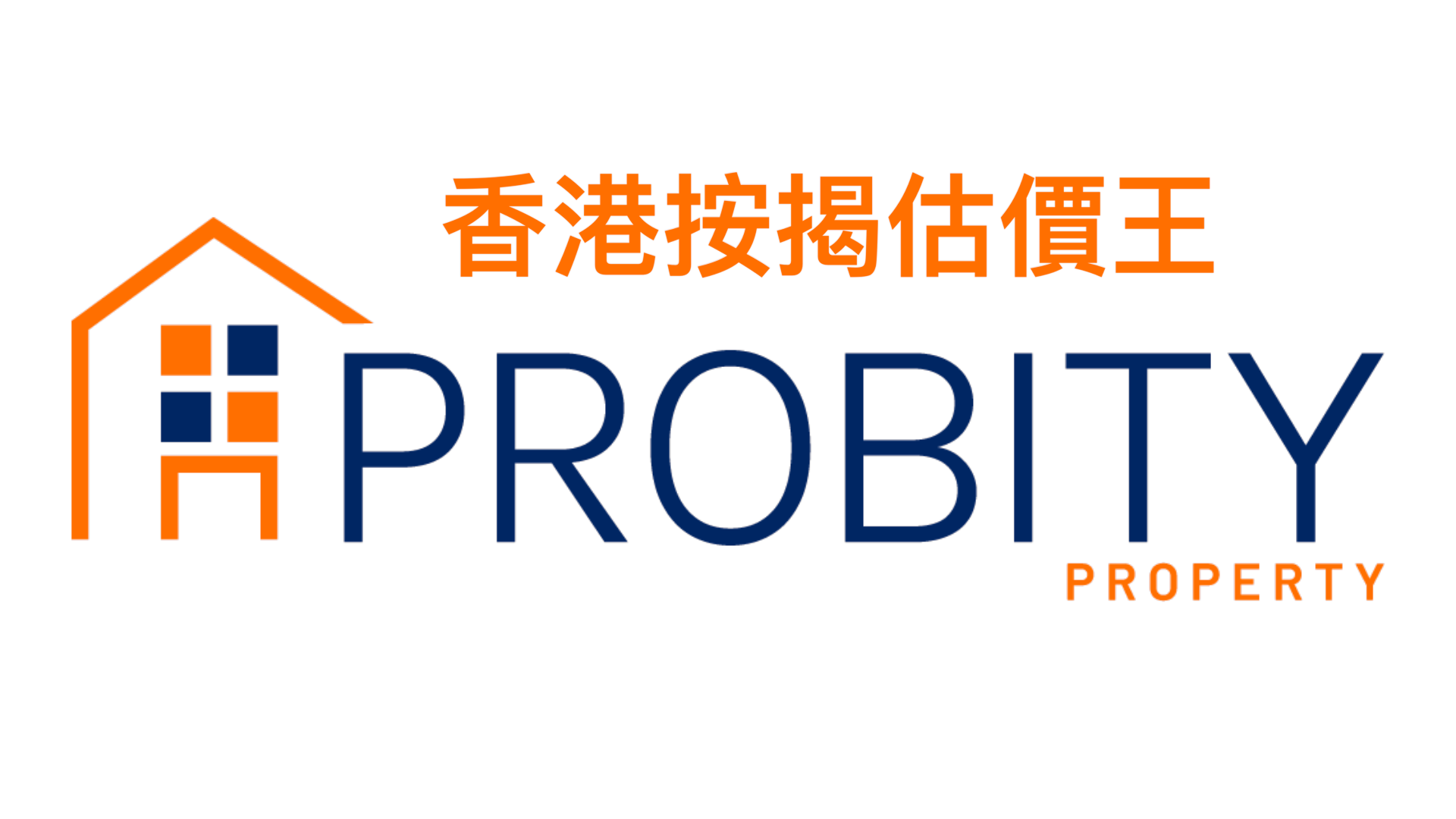Understanding Village House Mortgages to Avoid Buyer Traps

Understanding Village House Mortgages to Avoid Buyer Traps
Key Mortgage Ratio and Valuation Information that Buyers Must Know
In recent years, the lower property prices of village houses compared to other private residential properties have attracted the attention of many buyers. However, since village houses are usually individually built by their owners, their quality varies greatly. Buyers must pay attention to the building structure, road rights, water and electricity systems, sewage systems, and other facilities before purchasing to avoid potential problems. In addition, when applying for a village house mortgage, buyers must also pay attention to the details of the mortgage ratio and valuation. Below is a guide to village house mortgages, which we hope will be helpful for buyers.
Mortgage Ratio
Firstly, the mortgage ratio refers to the ratio of the down payment and the loan amount that the buyer needs to pay. Different banks have different mortgage policies, and the mortgage ratio for village houses is generally lower, typically only six to seven-tenths of the loan amount, which is relatively strict. Therefore, buyers need to budget for their down payment in advance and choose the right bank for their application.
Valuation
Secondly, valuing village houses is more complicated than valuing private residential properties. As village houses are mostly individually built by their owners, it is difficult to calculate their value uniformly. When applying for a village house mortgage, buyers need to provide specific information, such as the building year, number of floors, usable area, surrounding environment, etc., for banks to assess. Buyers should note that if the usable area of the building is not recognized, the bank may refuse to approve the mortgage application.
Application Time
Finally, the approval process for village house mortgages is usually longer, taking a month or more to complete. Therefore, buyers need to prepare in advance, such as contacting the bank early and providing the required documents, to ensure that the mortgage application goes smoothly.
In summary, applying for a village house mortgage differs significantly from applying for a private residential property mortgage, and buyers need to pay special attention to the details of the mortgage ratio, valuation, and approval time. Before selecting a village house to purchase, buyers should carefully examine the building structure, road rights, water and electricity systems, sewage systems, and other facilities to avoid problems. At the same time, buyers should ensure they have enough down payment and credit records to increase the success rate of their mortgage application.
When choosing a bank, buyers should learn about the policies of each bank on village house mortgages and select the most suitable bank for their application. Additionally, buyers should prepare in advance before applying for a mortgage, such as providing the necessary documents and information, to ensure a smooth mortgage application process. Finally, buyers should also familiarize themselves with relevant laws and regulations to avoid unnecessary risks and troubles when purchasing village houses.
In conclusion, village house mortgages are a complicated process that requires buyers to prepare adequately and understand the details before purchasing. Only in this way can buyers avoid potential traps and ensure the safety and success of their investment.


